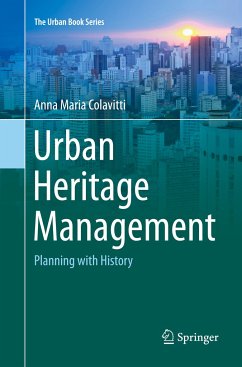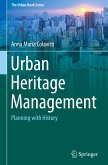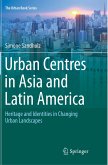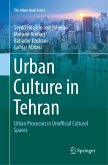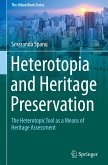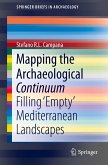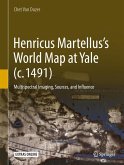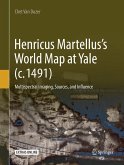This book explores the in-depth relationship between historic-cultural heritage and landscape, urban, and regional planning. It analyzes recent cultural and discipline positions and addresses research to interpret legacy values and the necessity for conservation within the urban setting. It also presents a method that helps urban planners to implement the suggestions, based on extensive knowledge of topographic methods and urban archaeology, to enhance the shaping and planning of the historic and present-day city.
A rapid evolution of techniques and methods that provide innovative planning instruments and contribute to conservation projects involving cities and territories is now being witnessed in urban planning. Actors involved in the planning process use an organic and multidisciplinary vision of techniques and methods to understand the relation between the historic-cultural goods and their settlement context. Through urban archaeology it is now possible to orient-in a systematic way-interventions in the historic centers of European cities and document the origin and evolution of the urban shape, to reconcile renewal demand and preservation of ancient heritage.
Hinweis: Dieser Artikel kann nur an eine deutsche Lieferadresse ausgeliefert werden.
A rapid evolution of techniques and methods that provide innovative planning instruments and contribute to conservation projects involving cities and territories is now being witnessed in urban planning. Actors involved in the planning process use an organic and multidisciplinary vision of techniques and methods to understand the relation between the historic-cultural goods and their settlement context. Through urban archaeology it is now possible to orient-in a systematic way-interventions in the historic centers of European cities and document the origin and evolution of the urban shape, to reconcile renewal demand and preservation of ancient heritage.
Hinweis: Dieser Artikel kann nur an eine deutsche Lieferadresse ausgeliefert werden.

